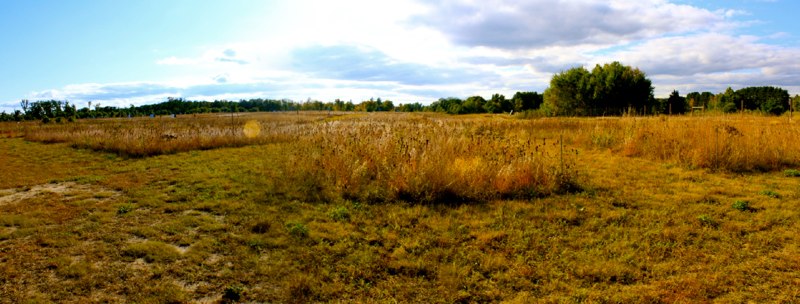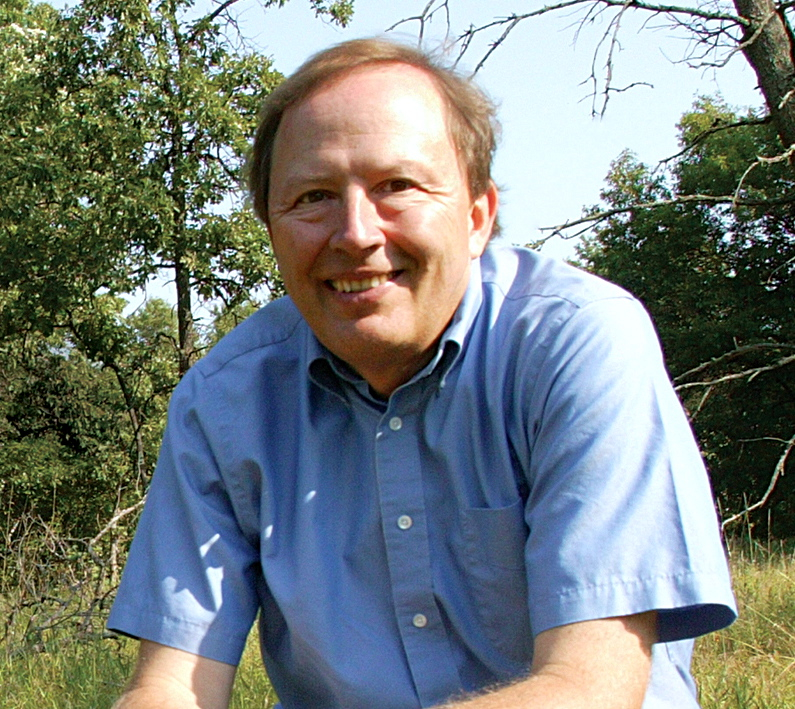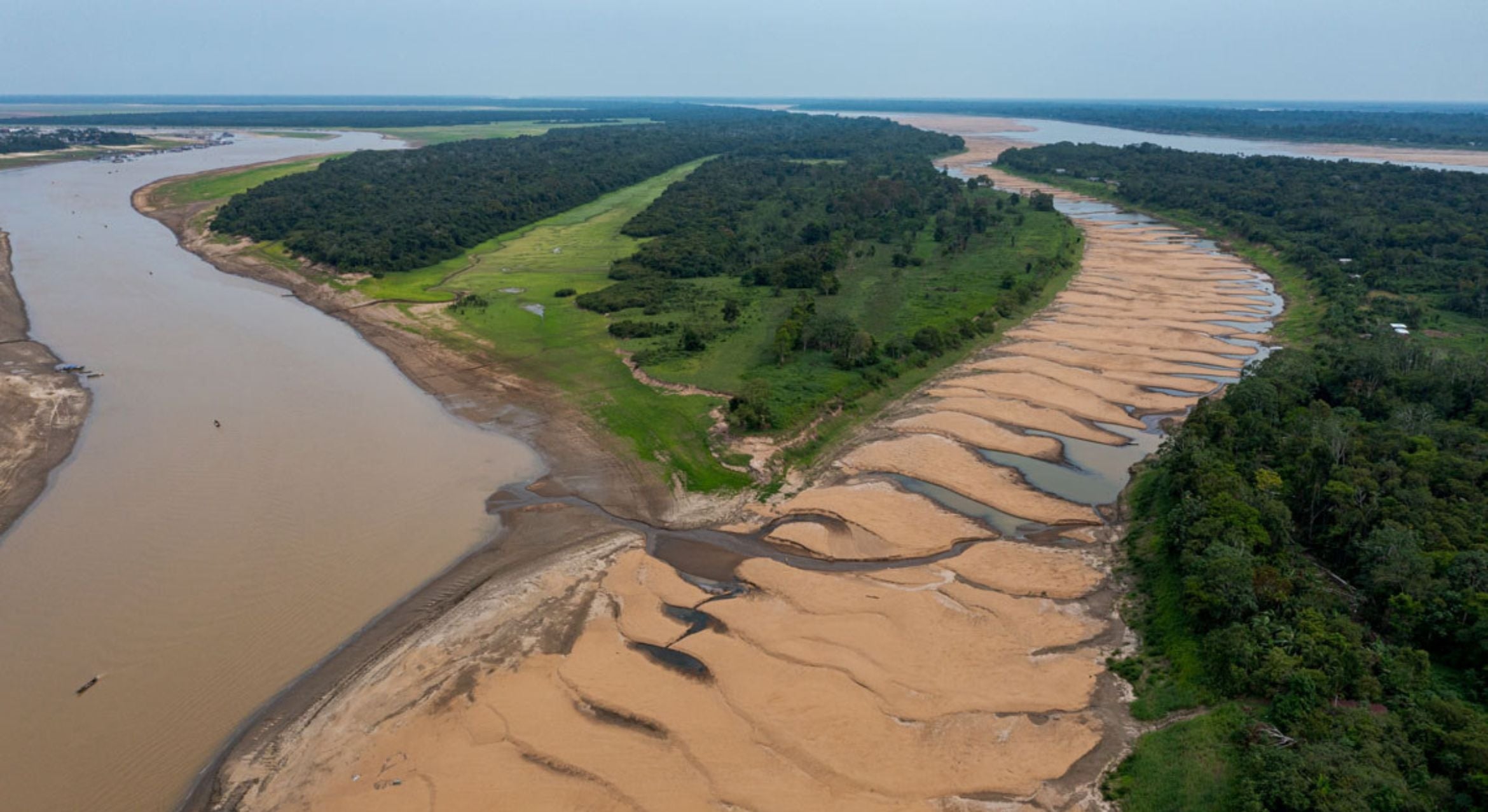
New Findings Show Declines in Ecosystem Productivity

Humans have been affecting their environment since the ancestors of Homo sapiens first walked upright, but never has their impact been more detrimental than in the 21st century. "The loss of biodiversity has much greater and more profound ecosystem impacts than had ever been imagined," said David Tilman, professor of ecology, biodiversity and ecosystem functioning at UC Santa Barbara's Bren School of Environmental Science & Management.
Human-driven environmental disturbances, such as increasing levels of reactive nitrogen and carbon dioxide (CO2), have multiple effects, including changes in biodiversity, species composition, and ecosystem functioning. Pieces of this puzzle have been widely examined but this new study puts it all together by examining multiple elements. The results were published July 1 in the Proceedings of the National Academy of Science.
According to the team's recent findings, adding nitrogen to grasslands led to an initial increase in ecosystem productivity. However, that increase proved unsustainable because the increased nitrogen resulted in a loss of plant diversity. "In combination with earlier studies, our results show that the loss of biodiversity, no matter what might cause it, is a major driver of ecosystem functioning," said Tilman.
The study analyzed 30 years of field data from the Nitrogen Enrichment Experiment in order to determine the temporal effect of nitrogen enrichment on the productivity, plant diversity, and species composition of naturally assembled grasslands at the Cedar Creek Ecosystem Science Reserve in central Minnesota. The results showed that while nitrogen enrichment initially increased plant productivity, eventually this effect declined, especially in the plots that received the most fertilizer. These returns diminished over time because fertilizing also drove declines in plant diversity.
In fact, the continuous addition of nitrogen fertilizer led to a loss of the dominant native perennial grass, Schizachyrium scoparium, which decreased productivity twice as much as did random species loss in a nearby biodiversity experiment. In contrast, elevated CO2 didn't decrease or change grassland plant diversity in any way and consistently promoted productivity over time.
According to the authors, previous studies have underestimated the impact of biodiversity on ecosystem functioning. "Many people expect that only rare or subordinate species will be lost and that their loss will have negligible effects on ecosystem functioning," says lead author Forest Isbell, a postdoctoral associate in the Department of Ecology, Evolution & Behavior at the University of Minnesota in Saint Paul. "But we found that the most common species were lost under fertilization, creating a substantial decrease in productivity over time."
Furthermore, the results of this study show that changes in biodiversity can be important intermediary drivers of the long-term effects of human-caused environmental changes on ecosystem functioning. For example, accounting for the effects of nitrogen on plant diversity could improve predictions of the long-term impacts of nitrogen on productivity. While the researchers expect their results will be relevant in other ecosystems, they also hope to explore the practical implications of their results for sustaining forage yields in diverse pastures and hay meadows. In particular, they hope to determine whether maintaining plant diversity over time can sustain the productivity of these managed grasslands.
This research was supported by grants from Department of Energy Program for Ecosystem Research, the Department of Energy National Institute for Climatic Change Research, the National Science Foundation Long-Term Ecological Research Program, the National Science Foundation Biocomplexity Coupled Biogeochemical Cycles Program, the National Science Foundation Long-Term Research in Environmental Biology Program, and by the University of Minnesota.
Related Links
Bren School of Environmental Science and Management
Cedar Creek Ecosystem Science Reserve



